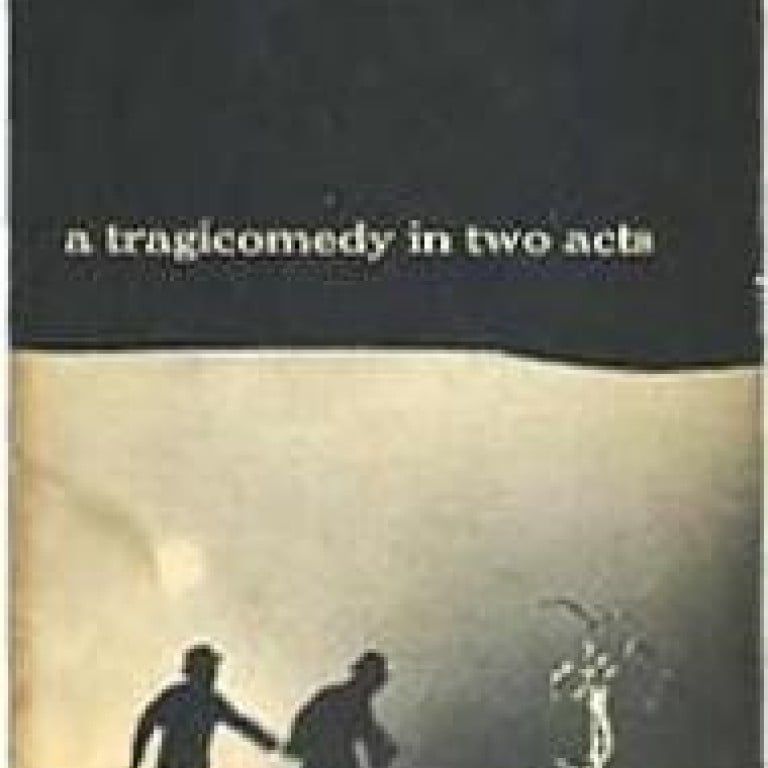
A fresh look at Waiting for Godot, by Samuel Beckett
Irish critic Vivian Mercier once said Samuel Beckett's absurdist work Waiting for Godot is a play "in which nothing happens, twice".
by Samuel Beckett
Irish critic Vivian Mercier once said Samuel Beckett's absurdist work is a play "in which nothing happens, twice".

The play, which marks its 60th anniversary this year (it was first performed in 1953 at the Théâtre de Babylone in Paris, where the Irish Beckett lived most of his life), uses silence, perfectly timed pauses and actions as much as - if not more than - speech itself. Wordplay and humour are borne out perfectly in the symbiotic relationship between Estragon and Vladimir, two tramps who wait endlessly near a tree on a country road for the elusive Godot to appear and offer them salvation.
They are "bored to death", and consider hanging themselves rather than continue waiting. They do not know if Godot will show up, they don't really know who he is or why they are waiting for him, and they struggle to find meaning or satisfaction in their repetitive, insignificant actions.
Here, among all the non-sequiturs any trivial matter can be seen as "something to do". In meaningless actions and events used to pass the time - be it trying on boots, looking for carrots, or making fun of others - Vladimir and Estragon struggle to find purpose in life. They conclude there is "nothing to be done".
Yet a whole play was built on this "nothing". While the protagonists look for meaning, we search for it too. is loaded with political, philosophical and psychological allusions, and its ambiguity provides a tabula rasa from which all manner of audiences can take something.
We, like the tramps, are kept in suspense. But, like life, "nothing is certain" and this play is void of any real resolution: "They give birth astride of a grave, the light gleams an instant, then it's night once more."
Vladimir and Estragon are not the only ones left waiting. Since its debut in the 1950s, we, too, have been left waiting in vain for a play to come along that can match this one.
